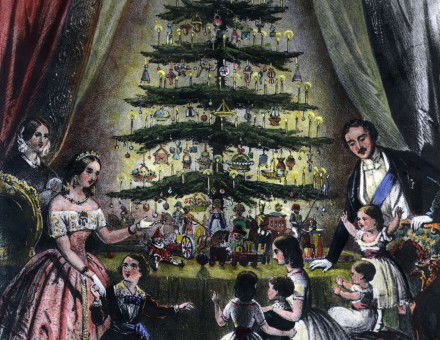Tocqueville Revisited
Hugh Brogan nominates Alexis de Tocqueville rather than Karl Marx as a useful guide to the new world order of history in the 90s.
According to the old examiners' chestnut, 1848 was a turning-point when history failed to turn. Nobody will ever say the same of the years since 1988: whatever the future holds for us, it will be shaped irreversibly by the evaporation of the Soviet empire in Eastern Europe, the crisis in the Soviet Union itself, and the end of the Cold War between East and West. As I write, it looks as if the legacy of Lenin is in mortal peril; it may be that the Bolshevik achievement is about to be discredited forever.
In these circumstances it is unsurprising that a few hotheads (mostly American) should talk about 'the end of history' and 'a new world order'; it is still less surprising that the work of Marx, Lenin's exemplar, should also come into question. All too many strands connect Bolshevik authoritarianism with Marxian dogma; not only the official ideology of the Soviet regime, but also Lenin's treatment of competing political parties and, within the Bolshevik party, dissenting individuals and groups, which is all too similar to Karl Marx's way with his opponents,





